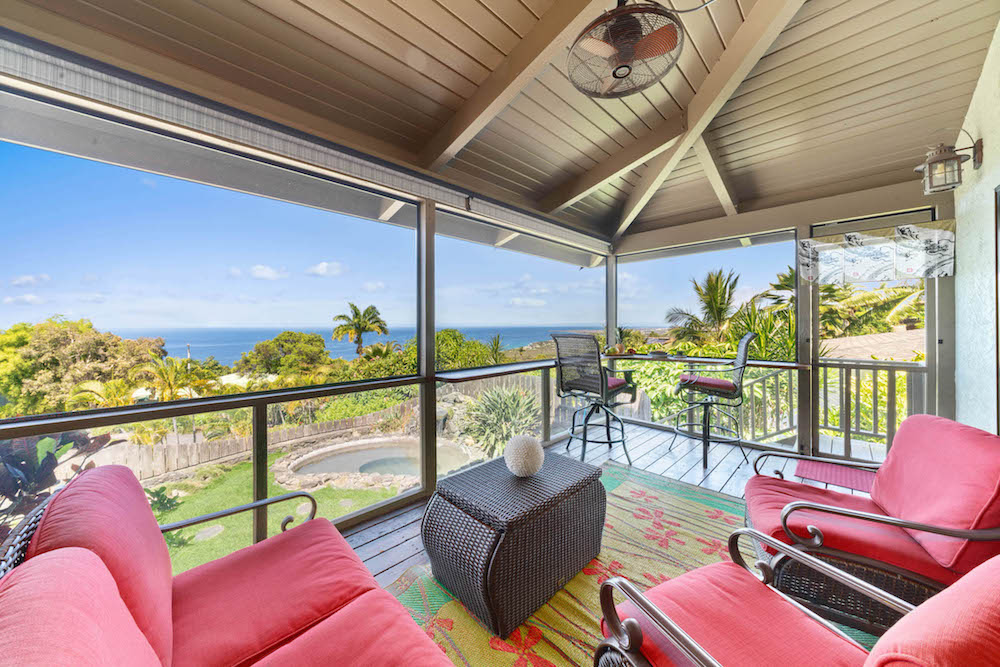Vacation Properties: Getting Short-Term Rental Pricing Right
Congratulations on getting into the short-term vacation rental business! This fulfilling venture is a great way to earn an income. Well, it can be, but only if your short-term rental pricing is right. If you get it wrong, you risk not only earning less than you could—but actually losing money instead. Don’t worry, though! Grand Welcome Franchise is here to help you make sure the price is right on your rental property so you can sit back, feel confident, and watch the income roll in.
| You are reading an article from the Money & Investment section of our Ultimate Vacation Rental Business Guide.
See the other articles in this section below: • Vacation Rental Investment Guide • Is a Beach House a Good Investment? • How to Make Money on Vacation Rental Property ➜ Setting Short Term Rental Pricing |
Estimate Your Expenses
The very first thing you need to do when determining short-term rental pricing is to calculate how much the property costs you to manage.
Consider large costs, such as:
- Mortgage
- HOA fees
- Insurance
- Renovation
- Repairs
- Etc.
And smaller expenses, such as:
- Listing fees
- Cleaning services
- Landscaping upkeep
- Parking passes
- Etc.
Once you’ve added up all of these expenditures, you’ll know the bare minimum to charge before adding in your profit percentage. As a ballpark, you’ll probably want to make sure you can get a 7-20% net return.
And, don’t forget to account for a reasonable vacancy rate of 25% just to be safe.
View Your Rental History
If you’ve been renting out your property for a while, take a look at the booking rate and income received to find the trends. Which months had your highest and lowest bookings? Did your pricing line up with competitors during those months? You may want to adjust your pricing based on your actual data.
Evaluate Your Own Property Objectively
As much as you love your own property, it’s important to take an objective step back. How convenient is the location to the popular sites? How is the parking situation? Do you offer a washer and dryer? What about a pool or hot tub? Is the furniture looking worn or the decor outdated?
Asking these questions while viewing your property from someone else’s eyes will help you determine value when you compare the other rentals on the market.
Compare with Similar Properties
Now that you know what your property offers, you can create an accurate comparison with other properties. However, make sure you are comparing apples to apples. Match the number of bedrooms and bathrooms, the location, amenities, and the amount of positive reviews, if possible.
One more thing to check is that the properties you are comparing are actually getting regular bookings. View their calendars. If a property’s calendar is empty, it’s probably not a good property to use as a basis for pricing.
Consider Your Reviews
The more and better reviews you have, the higher the price you can list. Why? Because renters want a guarantee and are willing to pay extra for it. People rely heavily on reviewers to let them know if a certain property is worth staying in.
If, on the other hand, your property is newly available and doesn’t have many (or any) good reviews yet, lowering your price from the competitors can incite renters to give it a try. Once you’ve gained your reviews, you can raise your rates to more closely match the competition.
Average Out Pricing by Category
Once you have 5-10 properties to compare, make a table of each one’s pricing structure. For example, note the nightly rates for both weekdays and weekends during high season, low season, and holidays such as Independence Day, Thanksgiving, Christmas, and New Year’s. Then, average out each of these categories. These rates will be a good starting point for your own pricing structure.
Go Deeper with Dynamic Pricing
After considering the prices for high season, low season, and holidays, it’s good to take your pricing to the next level with dynamic pricing. Airlines and hotels are already using this pricing method, and you should be too because making an Airbnb price adjustment is a smart way to gain more profit without any extra effort.
Varying the short-term rental pricing based on daily and even hourly market conditions and demand will give you successful bookings at optimal rates. During times of higher demand, such as during local festivals, charging a higher rate will not likely affect your bookability. On the flip side, lowering your rates during times of low demand, will keep your bookability high.
Decide If You’ll Charge Extra Fees or Go All-Inclusive
So, what is the price method you should use between charging fees separately or keeping them bundled in the total? Some renters like having a breakdown of costs so they can see exactly what they’re getting for their money. However, others may feel like they’re being nickel and dimed when each expense is itemized and added onto a nightly rate. In the end, it’s up to you and the demographic you are striving to serve.
Offer Deals, Perks, or Incentives
When done smartly, offering something a little extra to sweeten the deal can go a long way in securing a booking. Options include:
- A discount for a last-minute booking
- Free parking or public transportation passes
- A welcome gift of drinks and snacks
- A percentage off for repeat renters
Really, the options are endless and even a small gesture will go a surprisingly long way in securing occupancy, a positive review, and repeat business.
Think in Terms of Long-Term
A common mistake is to think that pricing high will get you more income when actually, the opposite is often more true. A lower rate may bring you lower income in the short term, but you will probably book more nights. A higher nightly rate may sound better, but if you book fewer nights, then you’ll end up making less in the end.
Re-evaluate and Readjust Regularly
As nice as it would be to do all this work of setting your rates once and be done, that’s just not how this business works. You won’t be operating optimally unless you regularly evaluate your pricing based on the current state of your rental, current competition, and any current events taking place locally as well as further afoot. The travel industry is very dependent on many forces outside of its control, so just roll with what comes your way and plan your Airbnb price adjustments accordingly.
Try Short-Term Rental Pricing Tools
When you’re looking for the best Airbnb pricing tools, remember the importance of data. Some short-term rental pricing tools use machine learning in a data-driven approach to analyze factors such as competition and occupancy in order to better define pricing. Property owners who use an Airbnb price estimator tool or Airbnb price check tool have seen the difference it can make in getting open nights booked.
Take Advantage of Account & Revenue Management
If all this seems a bit too complicated and time-consuming, you may benefit from account and revenue management. When you list your short-term vacation rental property with Grand Welcome, you get a comprehensive management program that covers every aspect of your property, including:
- Dynamic pricing analysis using:
- Historical data
- Seasonal trends
- Competition tracking
- Printed income reports
- Best-in-Industry management fees
- No hidden costs
- Monthly revenue checks
- Online account access
- A dedicated Owner Liaison Team to handle all owner questions
- And much more!
With our help, you’ll find that sweet spot of short-term rental pricing that will get you the income your property deserves. To learn more about listing your property, contact Grand Welcome today.
If you are more interested in starting your own independent vacation rental management business or look at opening your own vacation rental management business through a franchise like Grand Welcome Franchise, contact us to find out the franchise opportunity to expand your investment in the vacation property business while working at home.



